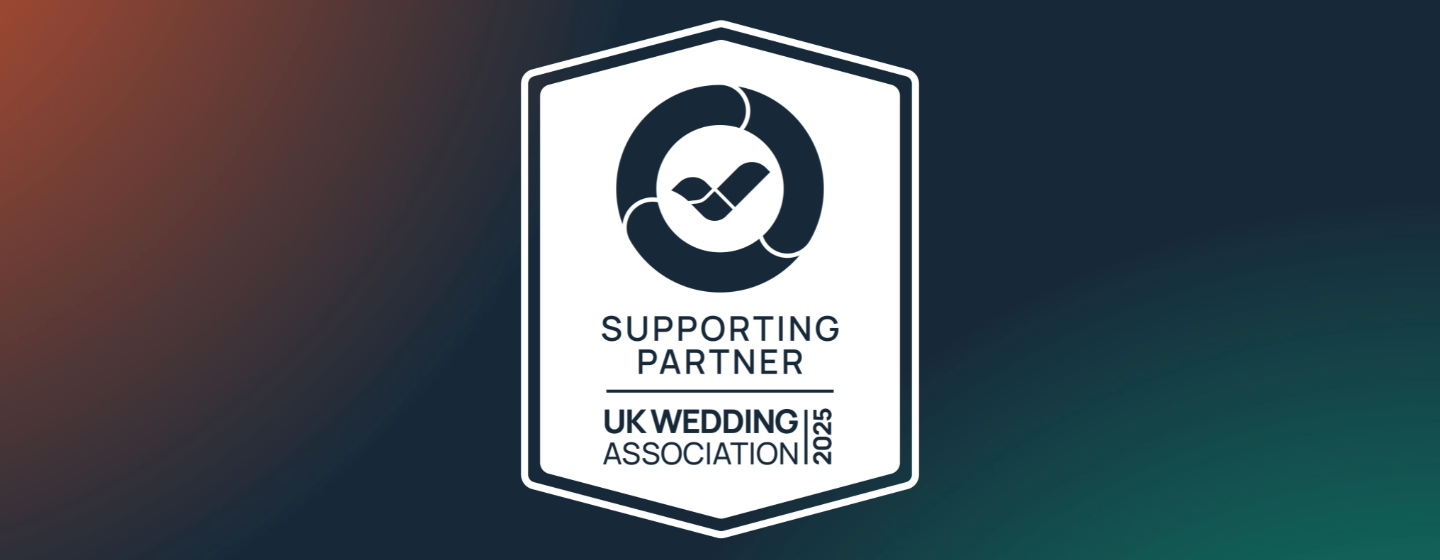(1).jpg)

“I spoke at the world’s biggest SEO conference BrightonSEO and here's what I realised"
This week Press Box PR exhibited a second time at BrightonSEO, widely regarded as the biggest and most illustrious SEO conference in the world.
As a company immersed in the digital PR space and always on the quest to earn great coverage and backlinks, it’s important for us as a business to be part of the changing SEO landscape and be visible at the landmark events for the industry.
And while the team were manning the stand, Press Box director Tom Rawle took to the Skyline Stage to share his expertise on the humans vs AI debate, a topic of discussion that many in SEO, PR and general marketing are fixated by.
Here’s his take on what it was like standing up there under the bright lights and why you should forget your fears and do the talk!

Tom said: "I'd sum it up in a few ways - it was exciting, it made me feel very privileged to have so many people come to want to listen to what I had to say and… it was a bit nerve-wracking - naturally.
"Though all in all, it was a really great experience to have been given such an opportunity to talk in front of some of the most well-known and respected names in the industry.
For those asking to see my slides, I’ve added them to a Google Drive here
"It’s interesting because I’ve never seen myself as a public speaker or much of an extrovert. I’m probably quite talkative, but not that loud. So when I was asked to do this, I wasn’t sure if I was up for it.
"This was one of the reasons why I wanted to share my experience on our blog because I felt it was important to show those that do lack a bit of confidence or they feel they’re stopping themselves doing something out of fear of failure that it is does actually turn out okay in the end."
My big takeaways from the talk and general experience of speaking at an industry event for the first time:
- BrightonSEO and the team are great. Andrea, Kelvin, Dre etc went out of there way to organise everything for the speakers and the speaker tour beforehand was very reassuring to know where and how it all worked for a first-timer like myself
- Memorising 20 minutes worth of content is actually quite hard. Rehearsing, recording, repetition and genuinely trying to do the talk without the presentation is how I found it started to sync with my brain. A lot of the start of my talk was based on an exact script and the latter was more bullet pointed because I was conscious of coming across like a robot (ironically, the very thing I was arguing against)
- You learn quite a lot about yourself. For example, I didn’t realise I breathed so loudly when pausing until I recorded myself. I also didn’t realise the bass in my voice was so deep. You realise you say a lot of ‘ums’, ‘kind ofs’ and strange idioms when thinking on the spot, It was quite hard to rewire your brain to pause, think and speak - knowing people will be sitting there very intently listening to what you have to say - so being clear and concise was the most important thing
- It creeps up on you very quickly. Though planning and the deck-building started a few months ago, I didn’t start rehearsing it until 10 days before the talk. This could have ended badly. You have to balance life, work and try to do this, all with 100% effort and it’s quite difficult to prioritise at times
- Some people are very good speakers. You can tell when people have a natural knack for it. I saw a few other talkers and they really captured the room. This is sometimes innate, but often it takes practice in relation to timing, intonation and articulation. Not everyone can do it well, myself probably included - but you also shouldn’t necessarily compare yourself to this either. You do you.
- I’d recommend anyone to try it. We all have ideas, we all have opinions, we are all good at rationalising and creating reasonable arguments. It doesn’t matter if you’re right or wrong, it matters that you are doing something that may put you outside of your comfort zone and give you the tools to learn a new skill.
































.jpg)
.jpg)